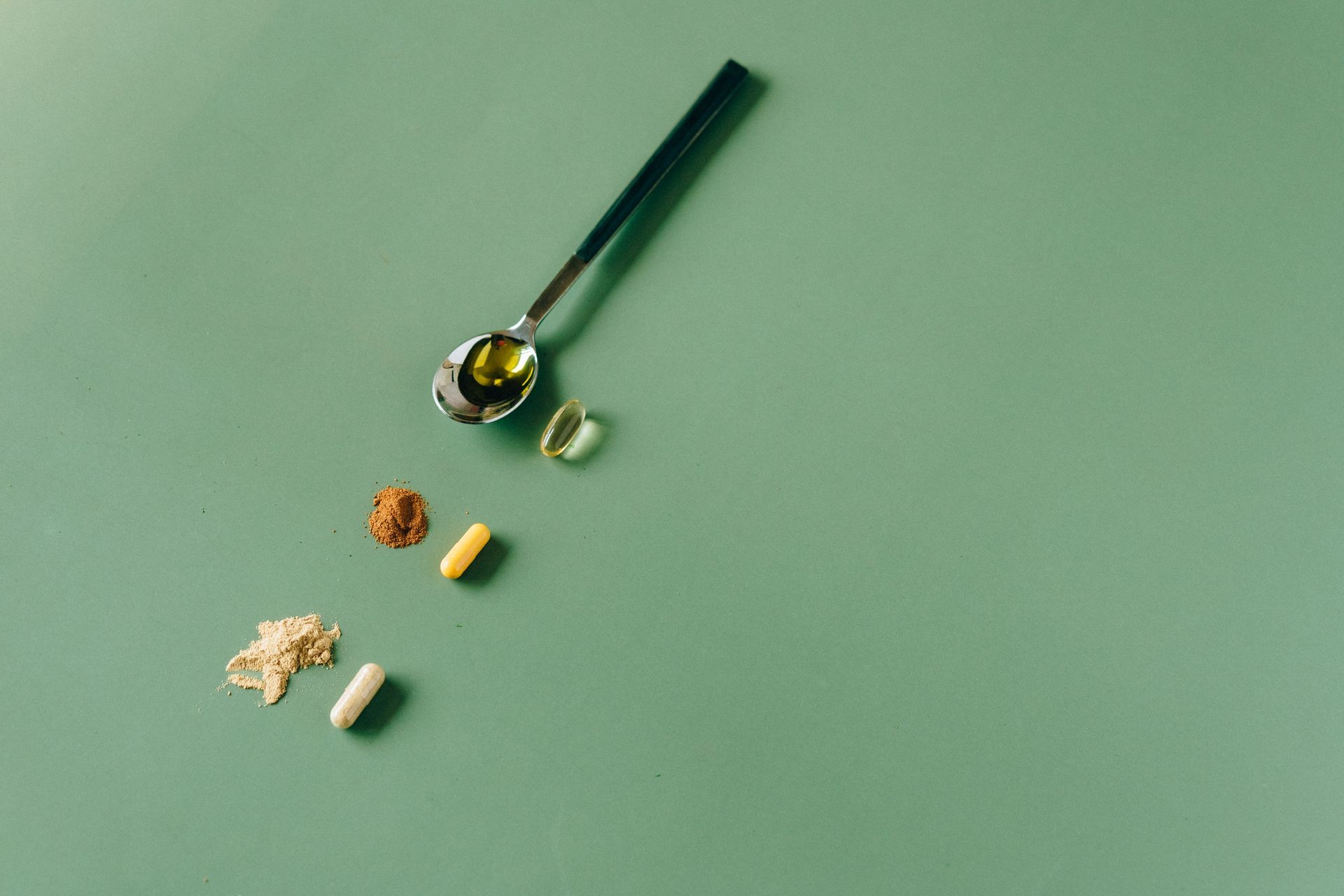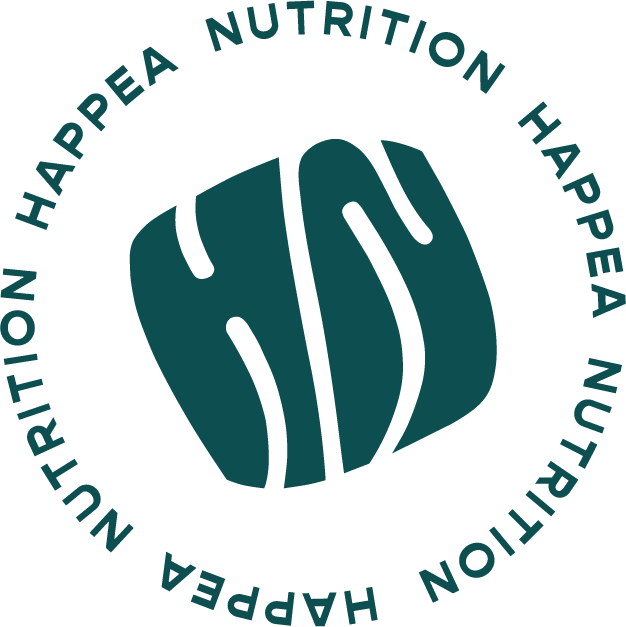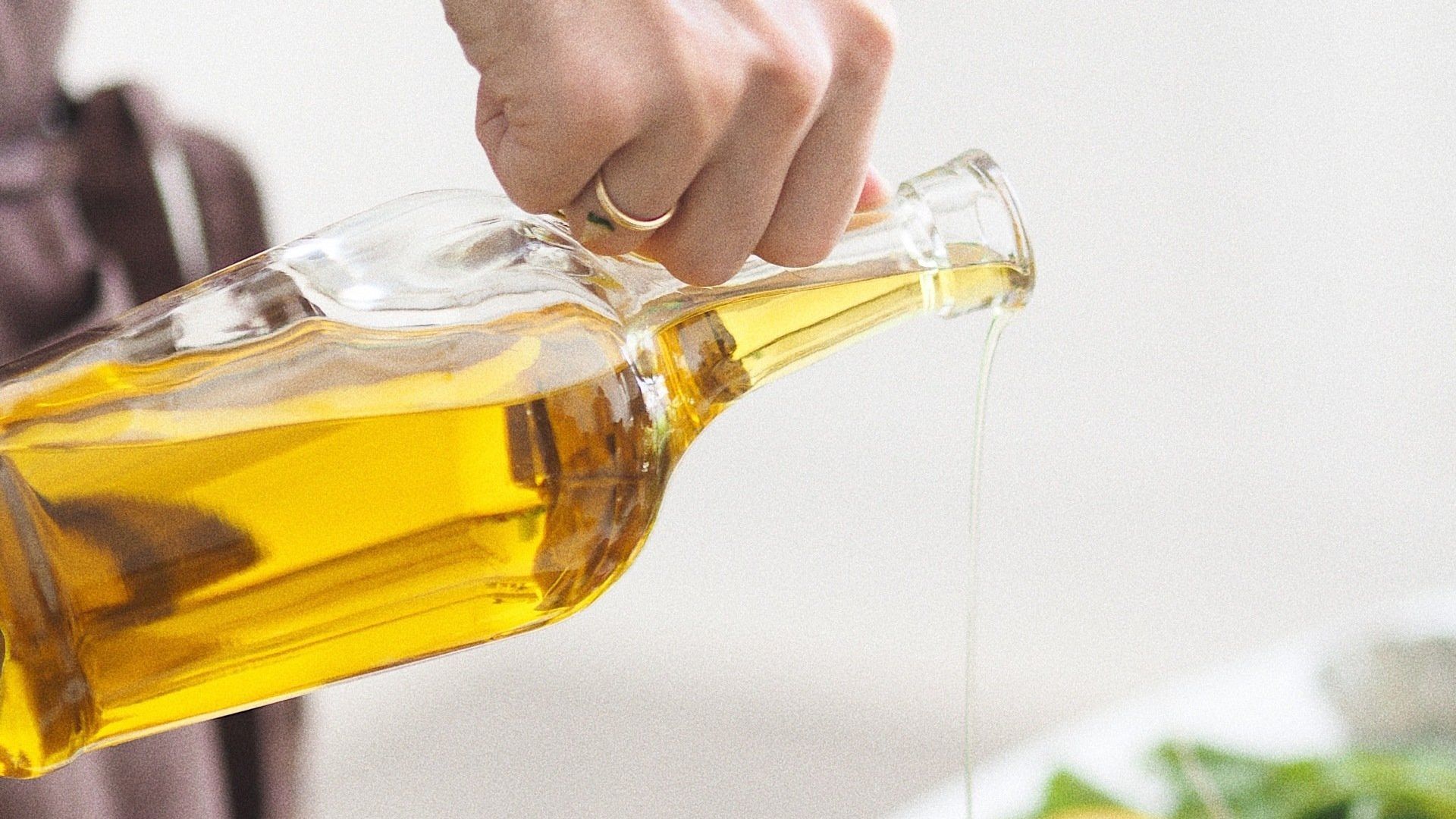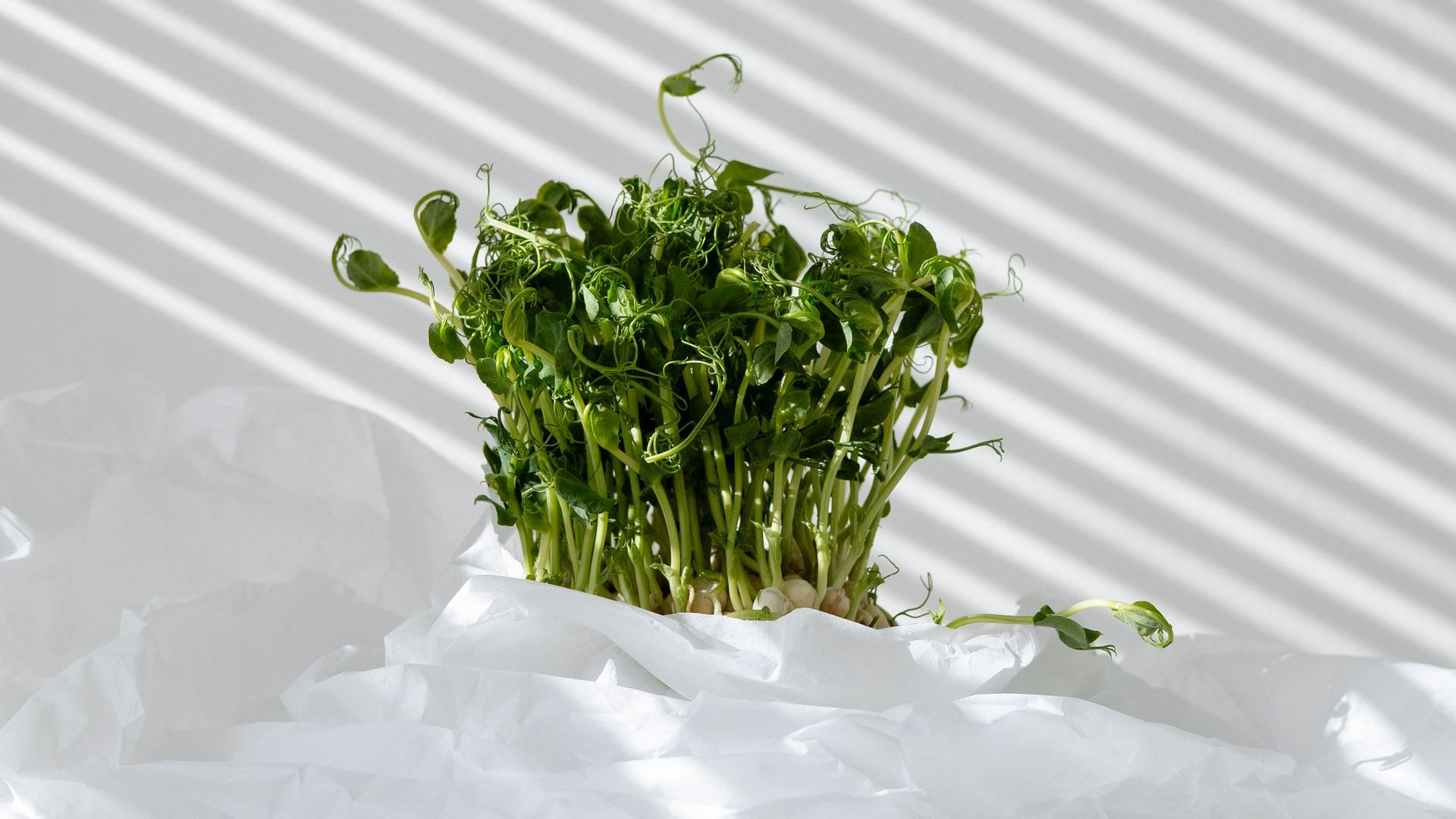Five Summer Superfoods To Eat More Of
When we hear superfoods, we usually think of exotic, rare, and expensive fruits found only in special places. However, many local fruits and vegetables are just as healthy, if not better, than those trendy powders. It’s easy to fall for the marketing as the health claims behind many of those foods sounds amazing. But you are much better off making use of the produce that grows locally.
Sure, superfood powders probably have a lot of antioxidants, but so does the produce sold at your local farmers market. Eating locally and seasonally has many benefits, including having more variety in the diet. You are also eating in a way that is more sustainable, which means you are not only supporting your own health but also the health of the planet.
Summer is a great time to make the most of all the produce that is available. It’s hard to choose just five foods to write about. They all have amazing benefits and should be part of a balanced diet. Here are my top 5 favorite summer superfoods:
Beets
My absolute favorite veggie! Beets are packed with nutrients while being low in calories. The root vegetable might also help lower blood pressure as beets are a great source of nitrates. Nitrites are converted into nitric oxide in our body, which helps dilate blood vessels. The high concentration of nitrites has also been linked to improved performance in endurance athletes. Their intense color is due to high concentrations of antioxidants, particularly betalains. These compounds help the body detoxify itself and reduce inflammation, which helps prevent many diseases.
Beets are a great addition to any salad. You can also try making a hot or cold beetroot soup. While they take a while to cook, most grocery stores sell pre-cooked beets, which makes it easy to add them to your summer meals.
Cherries
Cherries are packed with nutrients, including very high levels of vitamin C and potassium. This mineral helps to remove excess sodium from our body, which is why eating diets rich in potassium has been shown to help lower blood pressure. Vitamin C is a precursor to collagen and will help keep your skin healthy.
One amazing benefit of cherries is their potential to improve sleep quality. Melatonin, which is a hormone responsible for controlling the sleep–wake cycle, is found in high concentration in cherries. Some research has shown that consuming tart cherry juice regularly significantly improves sleep duration and quality. While it is not clear if eating small amounts of whole cherries would have the same effect, it won’t hurt to add them to an evening snack.
Swiss Chard
The leafy green not only looks beautiful with its red, white, yellow, or green stems, but like most leafy greens, Swiss chard is packed with nutrients. One cup of chopped Swiss chard provides over 300% of the daily value for vitamin K. While vitamin K is most associated with blood clotting, the vitamin also plays a vital role in bone health. Diets low in vitamin K are associated with higher risk for osteoporosis and fractures. Together with calcium and vitamin D, vitamin K helps improve bone density.
Swiss chard has a slightly bitter taste, which can be reduced by cooking the green. Cooking is generally recommended because raw Swiss chard contains high levels of oxalic acid which inhibits the absorption of many minerals, inlacing calcium and iron.
Broccoli
The popular cruciferous vegetable is a secret superstar: it is packed with vitamins, minerals, fiber and antioxidants, all while being very low in calories. Broccoli has impressive antioxidative properties. For example, it is very high in glucoraphanin. This compound is turned into sulforaphane when it is digested. Sulforaphane is a powerful antioxidant, responsible for fighting free radicals, reducing inflammation, and protecting tissues from damage. Broccoli also contains the antioxidants lutein and zeaxanthin, which are especially important for eye health. Another compound found in broccoli - Kaempferol - has been shown to help reduce inflammation.
Cruciferous vegetables have long been known to be superfoods. Although cauliflower has been taking all the credit recently, broccoli should not be forgotten. The vegetable has powerful nutrients, is easy to prepare, and usually easily available year-round.
Peaches
Peaches are another personal favorite of mine. They are related to other stone fruits, such as plums, apricots, or cherries. Like all fruits and vegetables, they are high in fiber. Fiber is important because it helps our digestion. It also helps maintain healthy blood sugar levels and lowers bad cholesterol levels by removing it from the blood more efficiently.
The orange color of the fruits, is due to high levels of beta-carotene - an antioxidants that is turned into vitamin A in our body. The vitamin helps us maintain eye health, supports the immune system, and helps protect skin from sun damage.
Peaches are also an excellent source of vitamin E and C. Both vitamins act as antioxidants in our body. The vitamins also support the immune system and help the body repair oxidative damage to prevent disease.
No matter which summer fruit or vegetable you choose, by eating seasonal produce you are most likely choosing what is best for your health. There is no amount of superfood powders that can compare to a colorful diet.
Share this



